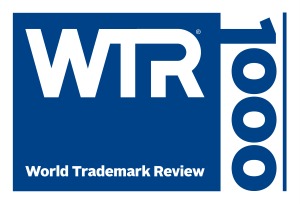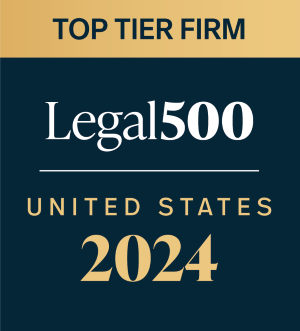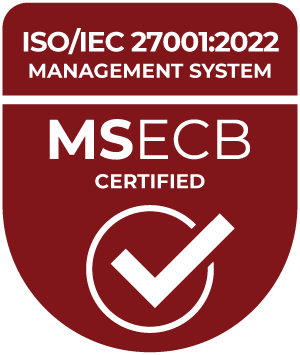Illinois Enters the “Bridge Phase”
On May 17, 2021, Illinois Governor J.B. Pritzker issued Executive Order 2021-10, which provides that, due to the positive/favorable trend in COVID-19 metrics across the state, Illinois will be entering the “Bridge Phase” of the Restore Illinois multi-phased plan. The May 17th Order instructs businesses to follow guidance published by the Illinois Department of Commerce and Economic Opportunity (DCEO). In May, the DCEO also issued new guidance that included new headcount capacity limits for businesses. As detailed in that DCEO guidance, under the “Bridge Phase” employers may return employees to the physical workplace at up to 60% capacity limits. Separately, business meetings, conferences and conventions may operate at the lesser of 1,000 people or 60% capacity. The Order also includes specific guidance for retail stores and manufacturers, among other industry-specific workplaces.
While capacity limits continue to increase, this certainly does not mean that employers should do away with social distancing and other recommended safety practices. While a significant number of employees may have received a COVID-19 vaccine, it is likely that other employees and guests who may be present in the physical workplace have not. Thus, consistent with recent guidance promulgated by the Centers for Disease Control and Prevention (“CDC”), the Governor’s May 17th Executive Order makes clear that all businesses must ensure that employees, customers or other visitors to the worksite who are not fully vaccinated continue to practice social distancing measures and wear an appropriate face covering when maintaining appropriate social distance is not possible. Furthermore, the Order encourages Illinois businesses to develop and maintain signage to ensure appropriate social distancing in shared areas such as lunch rooms, locker rooms and waiting rooms, and to consider allowing employees who are not fully vaccinated to continue working remotely when possible.
Additional Federal Guidance from the EEOC
Following closely on the heels of Illinois’s guidance, on May 28, 2021, the Equal Employment Opportunity Commission (“EEOC”) released guidance in which the EEOC reiterated that federal EEO laws do not prevent an employer from requiring that all employees who physically enter the workplace be vaccinated for COVID-19, subject to applicable “reasonable accommodation” requirements with respect to those employees who may raise a valid, individualized disability issue or religious objection.
Specifically, the EEOC’s May 28th guidance reminded employers that the Americans with Disabilities Act (“ADA”) requires employers to reasonably accommodate employees’ covered disabilities, and that Title VII of the Civil Rights Act of 1964 (“Title VII”) requires employers to reasonably accommodate employees’ sincerely held religious beliefs. Practically speaking, this means that once an employer is on notice that an employee’s disability status or sincerely held religious belief prevents the employee from receiving the COVID-19 vaccine, the employer must engage in an “interactive process” to determine whether a reasonable accommodation can be made without posing an undue hardship on the employer’s business. This interactive process must be conducted on an individual basis, taking into consideration the reason underlying the employee’s request for a reasonable accommodation, weighed against the specific business needs at hand. The EEOC guidance suggests a number of potential reasonable accommodations: for example including having unvaccinated employees continue to wear face masks, working at least six feet apart from others, working modified shifts, being given the opportunity to telework, and/or accepting a reassignment.
As a best practice, an employer planning to introduce a mandatory COVID-19 vaccination policy should notify employees that the employer will consider requests for reasonable accommodation on an individual basis and have a plan in place, in advance, regarding how the employer will receive, process and respond to any such requests. Additionally, and as reiterated by the EEOC’s recent guidance, employers must keep each employee’s medical information confidential. As such, although employers may collect medical information (including but not limited to an employee’s disability status and/or vaccination status), such information must be kept separate from an employee’s personnel file and be accessible to others only on a need-to-know basis. Each employer must consider both the most current legal requirements and its business-specific nuances when fashioning a return-to-office plan that is legally enforceable and most effective operationally.
If you have any questions regarding employer rights or obligations when it comes to return-to-office policies or COVID-19 vaccinations, please contact Bill Tarnow, Corey Biller, Alissa Griffin or your Neal Gerber Eisenberg attorney.
—
The content above is based on information current at the time of its publication and may not reflect the most recent developments or guidance. Neal Gerber Eisenberg LLP provides this content for general informational purposes only. It does not constitute legal advice, and does not create an attorney-client relationship. You should seek advice from professional advisers with respect to your particular circumstances.












